Spearheading the Education Revolution in Africa, by Damilola Okonkwo
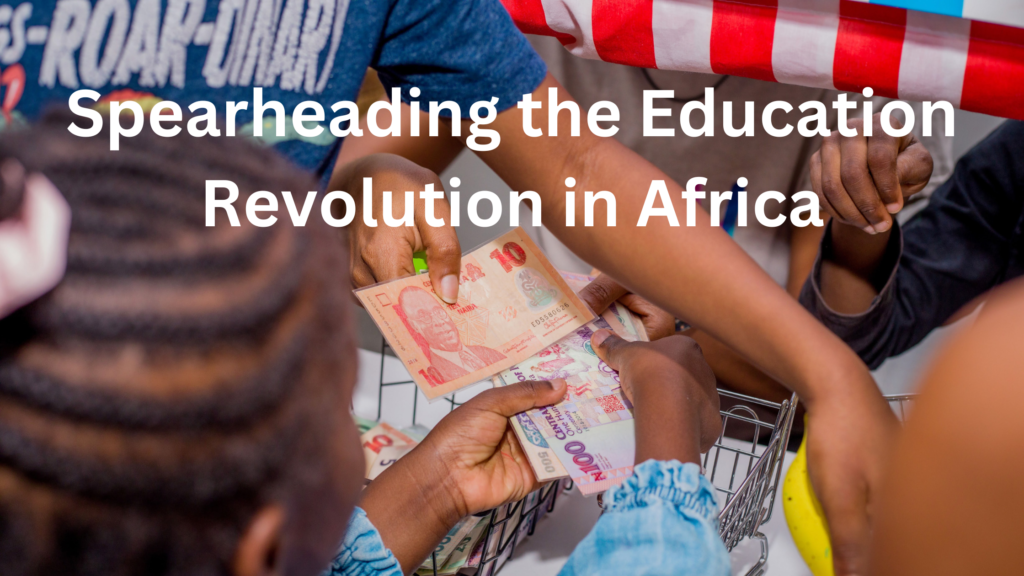
I moved to Lagos, Nigeria in 2013, having grown up in London in the UK. After a career in Finance spanning more than 10 years, my husband and I decided to start a family in 2016, and I took a career break. This forced me to reflect on my own childhood and life choices, and it became clear to me that my story is in many ways the stereotypical first-generation immigrant story – a relentless focus on passing exams to get to the “next level” rather than pursuing passion, all with the ultimate goal of securing a good job. On deep reflection, I knew I did not want this for my children. I wanted them to have the
opportunity to develop a love for lifelong learning, pursue their passion and talent and be socially-conscious global citizens right here in Nigeria.
This set me on a long journey of discovery into the world of transformative education. Following years of research which exposed me to play and project based learning in Finland, Japan, Indonesia, the US and more. Having worked in Lagos for a number of years with extremely intelligent graduates who lacked the confidence to speak up in meetings, challenge authority and come up with innovative ideas, I realised how life-changing this type of education would be.
Unfortunately, I was unable to find any schools in Lagos that offered something similar, and I slowly came to terms with the fact that home-schooling might be the only option for my family.
I continued to study this area and connected with individuals in the global transformative/alternative education space to learn from their experiences. During this time I co-founded a pre-school and after-school learning centre focused on helping children develop 21st century skills. The experience gave me insight into the opportunities and benefits that a school model could provide. Speaking with a number of people in Lagos who seemed to have the same challenge, I began flirting with the idea of launching an educational think-tank that could help drive educational policy reform in Nigeria, and Africa more broadly.
During the process of fleshing out the idea, it became clear to me that it would be almost impossible to create the kind of impact I envisioned without a model school where I could not only demonstrate the theory to other educators and policy makers, but also learn what is involved in the day-to-day running of a world-class school.
So, after countless debates and deliberation with family, friends, mentors (and myself!) I finally launched KEY (Keep Educating Yourself) in 2018, a not-for-profit, social enterprise focused on revolutionising education in Africa. Phase 1, our model play and project based nursery and school (KEY academy), launched in September 2019, after a 12-week pilot term in April of the same year. Phase 2, which includes initiatives in teacher training and policy reform will launch in 2023.
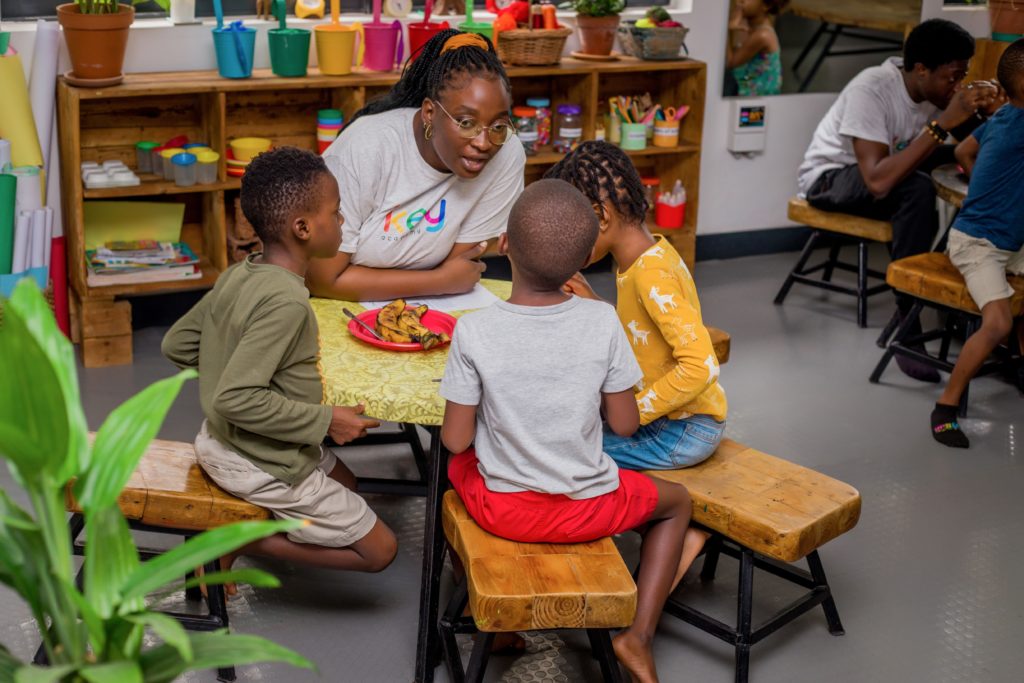
At KEY academy, our approach to learning is play-based in the early years which naturally transitions into project-based learning, with a focus on both core skills (e.g. numeracy and literacy) and higher-order skills (e.g. problem solving, critical thinking, and teamwork). Project-based learning is enquiry-based and child-centred in its approach, driving learning by helping children engage in meaningful real-world projects. Children work in groups over a set period on a specific project designed to solve a real problem or answer a challenging question. This provides the opportunity to demonstrate their knowledge and skills by creating a product or presenting their findings to their fellow learners, giving them a genuine sense of fulfilment, and a boost to their self-esteem.
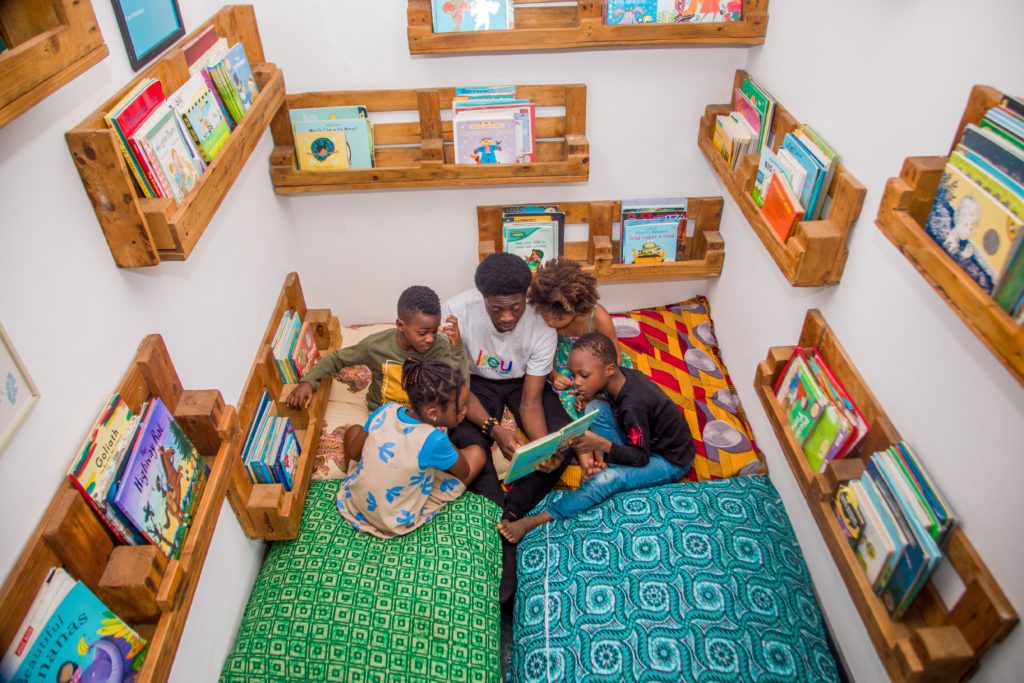
In conventional schools (even where they follow certain methodologies such as Montessori, Reggio, Steiner, etc.), educators sometimes use small projects to supplement other learning activities, however, with project-based learning, the project forms the substance of the learning and skill development.
I am often asked “Given the educational sector in Africa has so many challenges such as millions of children out of school, lack of funding, and a huge shortage of quality educators, isn’t focusing on 21st-century education misdirecting resources?” My answer? No! The reason I take this firm position is because even if we were to build hundreds of thousands of schools using the same outdated curricula and delivery methods, Africa will still not fulfil its huge potential – you cannot memorise your way out of poverty. A completely fresh approach focused on 21st century skills is what is needed. Ironically, given the current low base on the continent, we are not saddled with hundreds of years of investment so have an opportunity to completely reimagine education, from curricula all the way through to delivery. We have the opportunity to completely rethink our education system, and decide what is relevant for a child growing up on the continent who will be a global citizen and an important contributor to solving the world’s challenges. This needs a bottom-up approach, not simply copying what is currently being done in developed countries.
There is no doubt that given the huge challenges we face, Africa desperately needs voracious self-directed learners who see tough problems as solvable puzzles, which they are more than capable of overcoming. As explored in the 2015 award-winning documentary “Most Likely to Succeed”, the education system that African countries inherited and maintain was designed over 200 years ago, and although it catered to the challenges of the industrial revolution, it does not adequately prepare children for a rapidly evolving world. We must accept that the role of the teacher has fundamentally changed. Gone are the days of the teacher standing at the front of a row of children and delivering facts and information which must be memorised and then regurgitated in tests. This style of teaching reinforces the idea that “children should be seen and not heard” and this baggage often results in young adults entering the African labour force who are unable to push against the status quo, constructively challenge authority, or come up with fresh ideas to solve major challenges.
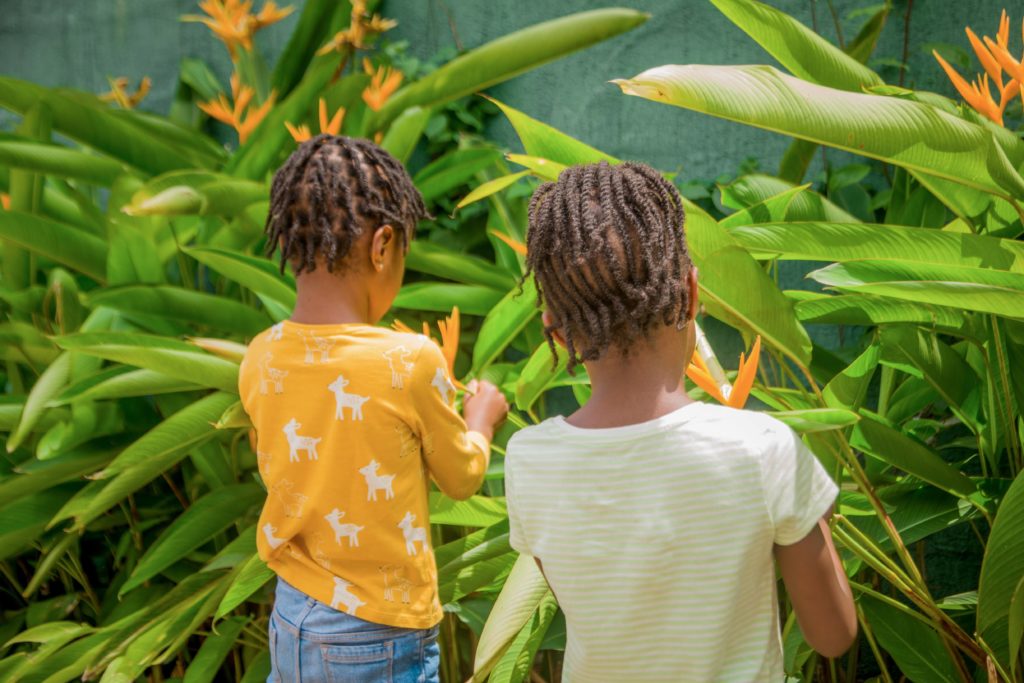
As Ken Robinson posited in his bestselling book The Element — How Finding Your Passion Changes Everything, I strongly believe that we are all born with tremendous natural capabilities but lose touch with many of them as we go through conventional schooling and are forced to conform and focus on standardised testing and grades above all else. To cultivate lifelong learners, the teacher of today needs to be a facilitator and collaborator of education, working in partnership with children to help them identify their talent, and develop real and relevant 21st century skills.
The mission to reform education does not stop at the primary and secondary level, and it is encouraging to see more and more Universities across the globe acknowledge that our current approach to education needs reform. Many are now accepting students from transformative schools on the basis of their academic portfolios rather than exams and test scores.
According to the UN’s World Population Prospects 2022 report, more than half of the projected increase in the global population up to 2050 will be concentrated in eight countries, with five of them in Africa. It also highlights that around 75% of Africa’s 2.5 billion population at that time will be under 35 years old. This represents an absolutely huge opportunity for the continent, but we will not get there if we do not adapt an education system that was designed in the 1890s and is no longer fit for purpose. In Charles Darwin’s landmark book, The Origin of Species, he showed that adaptation was critical to the survival of any species. It is time for Africa to adapt its approach to education and bring it into the 21st century. It is time for Africa’s education revolution.
References
The Element: How Finding Your Passion Changes Everything, by Sir Ken Robinson – 2009
Wounded by School: Recapturing the Joy in Learning and Standing Up to Old School
Culture, by Kirsten Olsen – 2009
Free to Learn: Why Unleashing the Instinct to Play Will Make Our Children Happier,
More Self-Reliant, and Better Students for Life, by Peter Gray – 2013
About Damilola Okonkwo
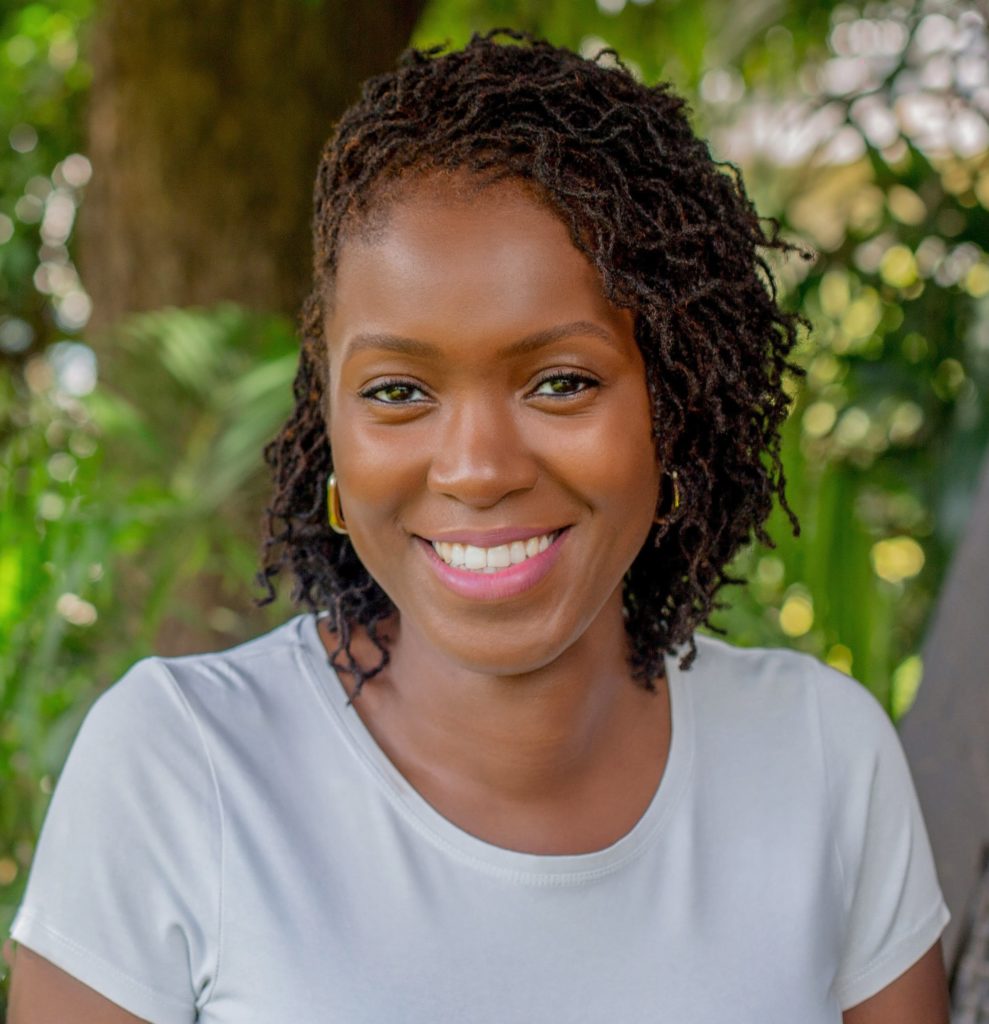
Damilola is the founder of KEY (Keep Educating Yourself), a not-for-profit, social enterprise focused on redefining education in Africa. Through its model school, KEY academy (Africa’s first fully play and project based nursery and school) and its other initiatives in training and policy reform, its mission is to spearhead an education revolution on the continent.

